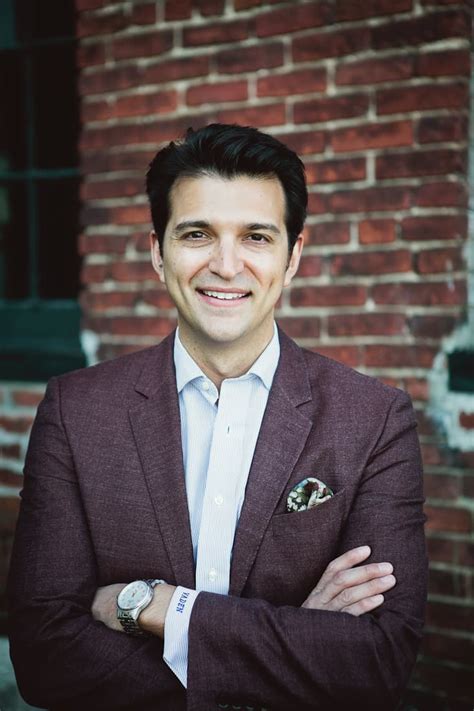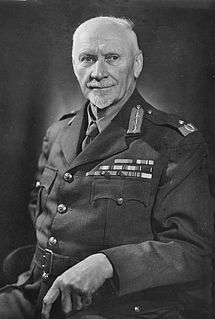A Quote by George Edward Woodberry
Genius is that in which the soul of a race bums at its brightest, revealing and preserving its vision; works of art are great and significant in proportion to the clarity and fulness with which they incarnate this vision.
Related Quotes
The amount of our endurance is directly proportionate to the clarity of our vision, so the practical application is we need to spend time to develop clarity of vision. What do you want your life to look like five, ten or fifteen years from now? Oftentimes, it's not so much a lack of discipline but a lack of vision.
We are working towards a shared vision of the future for health among all the world's people. A vision future in which we develop new ways of working together at global and national level. A vision which has poor people and poor communities at its centre. And a vision which focuses action on the causes and consequences of the health conditions that create and perpetuate poverty.
If the truth is boring, civilization is irksome. The constraints inherent in civilized living are frustrating in innumerable ways. Yet those with the vision of the anointed often see these constraints as only arbitrary impositions, things from which they-and we all-can be 'liberated.' The social disintegration which has followed in the wake of such liberation has seldom provoked any serious reconsideration of the whole set of assumptions-the vision-which led to such disasters. That vision is too well insulated from feedback.
In my case, I think my exile saved my life, for it inexorably confirmed something which Americans appear to have great difficulty accepting. Which is, simply, this: a man is not a man until he is able and willing to accept his own vision of the world, no matter how radically this vision departs from others.
You've got to have a vision and an intention and that will guide what you do. I call it devotion. Ask yourself, "Is this not moving me toward where we need to be?" I believe that's helpful because a vision pulls you forward and it keeps you focused. A vision for the day, for the week, for the month and a lifelong vision - whatever works for you. And then you govern your activities and your behaviors accordingly.
Until the Great Depression, most economists clung to a vision of capitalism as a perfect or nearly perfect system. That vision wasn’t sustainable in the face of mass unemployment, but as memories of the Depression faded, economists fell back in love with the old, idealized vision of an economy in which rational individuals interact in perfect markets.
Art is a creative effort of which the wellsprings lie in the spirit, and which brings us at once the most intimate self of the artist and the secret concurrences which he has perceived in things by means of a vision or intuition all his own, and not to be expressed in ideas and in words-expressible only in the work of art.
Don't try and change things for other people. Don't try and be persuaded by producers and people to change your vision. If you stick to your vision and you're true to yourself, it kind of works. I mean, it's tough. It's a big Fitzcarraldo journey, but then you'll have your good karma at the end of the day. You'll have your good soul. You know, if you start to sell little bits of it, you, you become nothing and nobody, and you don't have any vision remaining.




































